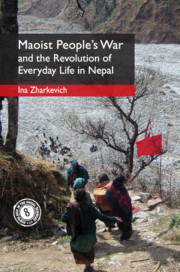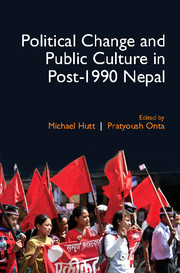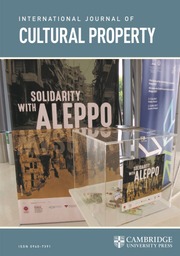Maoist People's War and the Revolution of Everyday Life in Nepal
By providing a rich ethnography of wartime social processes in the former Maoist heartland of Nepal, this book explores how the Maoist People's War (1996–2006) transformed Nepali society. Drawing on long-term fieldwork with people who were located at the epicentre of the conflict, including both ardent Maoist supporters and 'reluctant rebels', it explores how a remote Himalayan village was forged as the centre of the Maoist rebellion, how its inhabitants coped with the situation of war and the Maoist regime of governance, and how they came to embrace the Maoist project and maintain ordinary life amidst the war while living in a guerilla enclave. By focusing on people's everyday lives, the book illuminates how the everyday became a primary site of revolution of crafting new subjectivities, introducing 'new' social practices and displacing the 'old' ones, and reconfiguring the ways that people act in and think about the world through the process of 'embodied change'.
- Contains verses, fables and paintings by children studying in Maoist schools
- Includes maps and images compiled from the field
Product details
June 2019Hardback
9781108497466
334 pages
238 × 158 × 25 mm
0.49kg
Available
Table of Contents
- List of figures
- Acknowledgements
- Introduction
- 1. Thabang: from remote village to revolutionary myth
- 2. The moral economy of war: the making of the base area
- 3. Becoming Maoist in a time of insurgency
- 4. The marital economy of war: reconfiguring kinship loyalties and conjugality
- 5. Remaking the tribe: 'a farewell to bad traditions'
- 6. Subverting the 'sacred cow': when beef becomes edible
- 7. When all castes become one: transgressing caste boundaries during war
- 8. When gods return to their homeland in the Himalayas: Maoism, religion, and change
- Conclusion
- Appendices
- Bibliography
- Index.







